Japan – Discovering Zen Words – Today’s Best Words is “不雨花猶落 Amenarazu shite hana nao otsu”
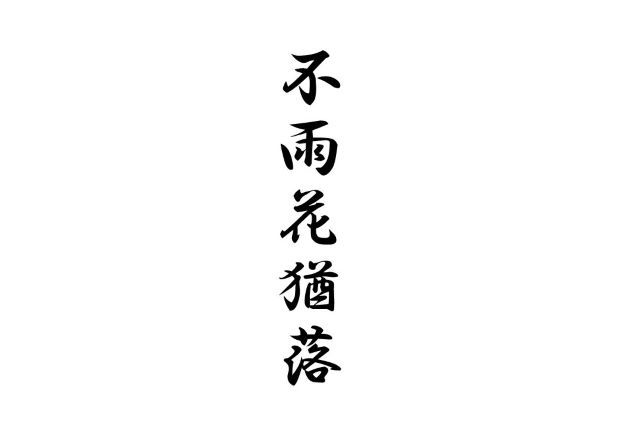
Zen is hard. And Zen words? Even harder.
So I go ahead and make up my own meanings—and I like them just fine.I like to think that Master Huineng, Dōgen, Ikkyū, and Ryōkan would nod gently and say, “That’s fine. That’s fine. Let it be, my friend.”
Today’s Zen word is “不雨花猶落 Amenarazu shite hana nao otsu" It means " Flowers will eventually fall even if it doesn’t rain"
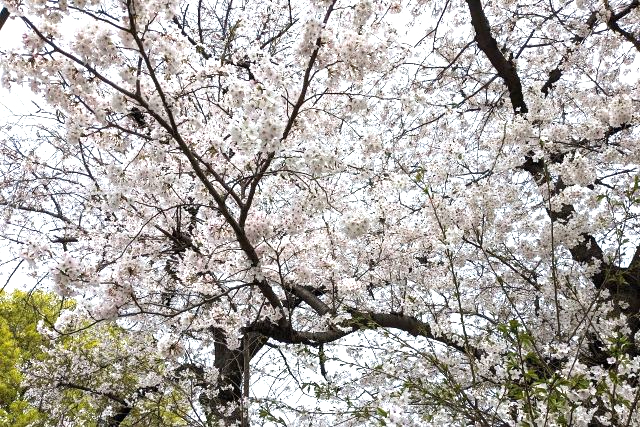
Even If the Rain Doesn’t Come, the Flowers Still Fall
There’s an old Zen words I love:
“Even without rain, the blossoms still fall."
It sounds like something you’d hear on a quiet walk through a spring garden, maybe from a gentle old monk with a smile in his eyes and dirt under his fingernails. It’s paired with another phrase:
“Even without wind, the willow fluff still floats."
Both come from the words of Hakuin Zenji, a Japanese Zen master who found truth not just in scriptures, but in the way petals fall and breezes drift.
Now, no one’s quite sure what kind of flower those falling petals refer to. But if it’s Japan, odds are it’s the cherry blossom. And that fluff? That’s probably the soft white tufts from Chinese willows—those floating, almost weightless bits of spring.
You know how it goes. The cherry trees bloom, just as they always do. And just as you’re about to catch your breath at their beauty, the rain comes. Petals drop. The moment is gone. Or you’re watching willow fluff lazily dance in the breeze—and then a sharp wind comes and whisks it all away. It makes you want to say, “If only it hadn’t rained…” or “If only the wind hadn’t come…”
But here’s the truth:
The blossoms would have fallen anyway.
The fluff would have flown off on its own.
It didn’t need the rain or the wind.
Things change. That’s what they do.
And next spring? The flowers will come back.
We’re not so different, really. We fail. We mess up. And then we sit around replaying the movie of what went wrong. “If only I hadn’t done that.” “I should’ve thought differently.” Reflecting is important. But dragging yourself through the mud over and over? That’s not wisdom—that’s punishment. And here’s another hard truth: maybe it wasn’t even all your fault.
Because failure, like falling petals, is also part of the turning of the world.
It’s not always about you.
Sometimes, it just is.

No one makes history
Think of history. Montesquieu said, “Martin Luther brought about the Reformation. But it would have happened without him. If Luther had not been there, someone else would have brought about the Reformation."
The world was ready. The wheel was already turning.
Rolf Dobelli says something similar in Think Clearly: the great inventors and thinkers of history? Amazing people—but their discoveries were bound to happen. If not by them, then by someone else. They weren’t history-makers,
they were history’s just one of the characters in the events. Just folks lucky enough—or unlucky enough—to be there when the wheel turned.
That might feel like a bummer. Makes you wonder what all the fuss is for. But actually, it’s freeing. Because if the world turns on its own, then maybe it’s okay if you don’t hold it up all by yourself.
Maybe when you fail, it’s not a flaw in your design. Maybe it’s just the petals falling, like they always do.
So yes—learn from your mistakes. But don’t carry them forever. Let them float off like willow fluff.
And when the blossoms fall, remember: next year, they’ll be back.
Still, I do have one question.
Why does it always rain right when the cherry blossoms bloom?
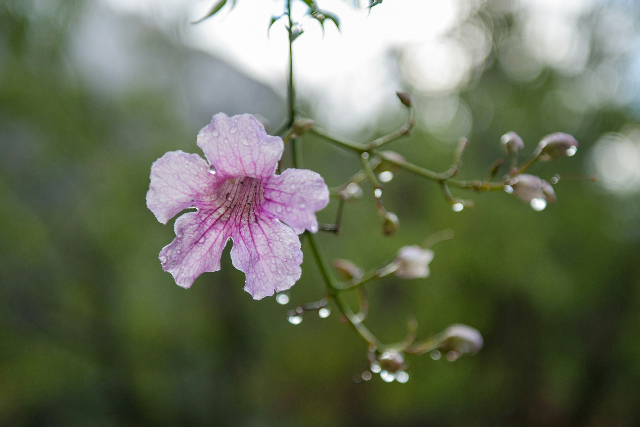
禅は難しい。禅語も難しい。だから勝手に解釈して使っている。それで良いと思っている。案外、慧能禅師も道元禅師も、一休さんも良寛さんも「それで良い、それで良いんじゃよ、Let it be じゃ」と言ってくれそうだ。今日は「不雨花猶落」である。
禅語は最高 「不雨花猶落」 物事は自然に移り変わって行く
不雨花猶落(あめならずしてはななおおつ)は無風絮自飛(かぜなくしていとずからようとぶ)と対になっている。白隠禅師の言葉である。白隠禅師が大灯国師の語録に注釈を加えて書いた槐安国語にある。
この花が何の花を指すかはわからない。日本だから桜かもしれない。絮(いと)は中国に生える柳の花である。春になって桜が綺麗に咲いたらすぐに、雨が降って花を散らしてしまった。柳の花が優美に風に揺れていると、強い風が吹いて花を飛ばしてしまった。とても残念だ。
桜は雨が降らなければ散らなかった。絮(いと)は風がなければ散らなかったと嘆きたくなる。だが嘆くことはないのだ。雨がなくても花はいずれ散る。風がなくても絮(いと)はいつか飛んでいく。そう定められているのだ。そして花は翌年にまた咲く。諸行無常である。
人は失敗をすると反省する。あれをしなかったら良かった。あの考え方が間違っていたと考え続ける。反省する事は大切だがいつまでも後悔をし続けるのは良くない。自分だけの責任ではないかもしれない。失敗もまた世の遷ろいだ。終わったことを嘆き続けるより明日からできることを考えるべきなのだ。

歴史を作った人物はいない
モンテスキューは言っている「マルティン・ルターが宗教改革をもたらした。だが彼がいなくても宗教改革はいずれ起こっていただろう。ルターがいなかったら他の誰かが改革をしていたはずだ」
ロルフ・ドベリも」著書「Think clearly」で述べている。偉大な発見や発明を達成した人は立派だが、彼らがいなくても誰かがそれらをしたはずだ。歴史上の出来事は、時代の流れや周囲の影響を受けた結果、そのときに生じた偶然の産物である。歴史上の重要人物は起こった出来事の登場人物の一人にすぎず、歴史を作った人物はいないのである。
そう言われてしまうと身も蓋もない。歴史のロマンも無なくってしまう。しかし、人に起こる出来事はその人の行動だけの結果ではないのは事実である。だから失敗しても、自分だけの責任だと囚われ続けたり、自分がなんとかしなくてはいけないと気負い過ぎないこだ。雨が降らなくても花は落ちる。失敗も世の無常と割り切って前へ進む気持ちが大切なのである。
でも桜が咲くと必ず雨がふるのは何故だろう。
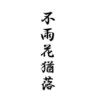
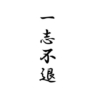
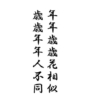
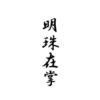
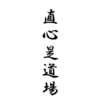
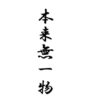
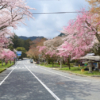
ディスカッション
コメント一覧
まだ、コメントがありません